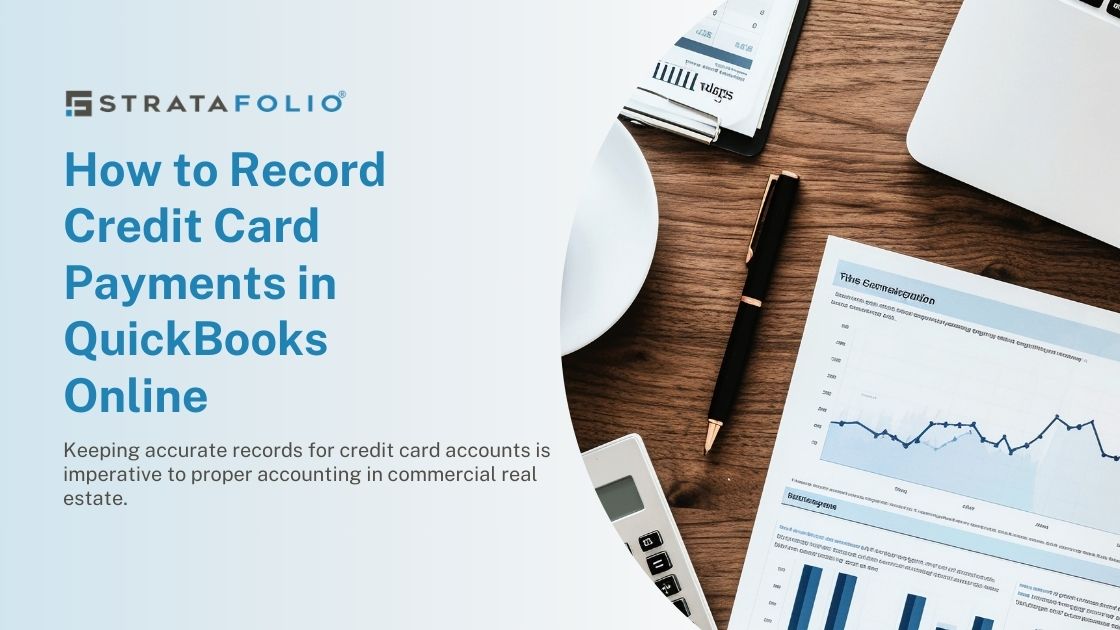Whether you are looking to find and acquire a new property, you are considering an investment, or you need to finance a property that you already own, when it is stabilized will be a question. In this blog, we explore the definition of a stabilized asset and how they’re analyzed.
What Is the Definition of a Stabilized Asset?
In general, stabilized properties are highly in demand and sought after. It doesn’t matter what market you are in or what type of commercial property it is – stabilized assets are always more successful than properties that haven’t yet proven their worth. Here’s what you need to know about stabilized assets.
Not everyone has the exact same definition of a stabilized asset. However, the definitions tend to be similar, but with slightly different numbers. Here are the most common definitions of a stabilized property in commercial real estate:
- Any property that is not a development property (i.e., is neither undeveloped land nor currently under development). (1)
- Any completed property that has had an occupancy rate of at least 80% for one full calendar quarter. (2)
- Any completed property that has achieved an occupancy rate of 80% or more, at any time in the past. (3)
- Any property that has reached 85% occupancy or has been in use for 9 months. (4)
While these may be the legal and traditional definitions of a stabilized asset, they aren’t necessarily the most useful definitions to the average commercial real estate investor. There are other considerations you need to make to ensure a property is truly stable and reliable.
How Commercial Real Estate Pros Analyze Stabilized Properties
Aside from looking at the length of time since construction completed and the occupancy rate, here are some of the considerations to make when deciding whether you have a stabilized asset on your hands.
The Status of Tenants, NOI, and Cash Flow
The stability of a property depends on the tenants in the building. After all, that’s where the cash flow is coming from! Here are some of the tenant-related considerations that affect the stability of your net operating income and cash flow.
- Occupancy rate, or the percentage of the building that is currently leased
- How much each tenant is paying each month – is it at market value?
- What is the length of each lease and when are they set to expire
- How reliable each tenant is (for example, are they a well-established business or struggling mom and pop business?)
- Whether the lease is NNN or the landlord is responsible for most/all of the expenses
The Net Operating Income is one of the most important numbers to look at. It is simply the revenue of the property minus the operating expenses. If you have good occupancy rates, favorable lease rates and terms, and your tenants aren’t going to roll over all at once, then your net operating income is likely to remain stable.
Whether you are acquiring, controlling, or financing a property, it pays to look at the stability of the property before making any major decisions. If you need help getting a comprehensive view of your property’s data, STRATAFOLIO can help! Schedule a demo with us today.






